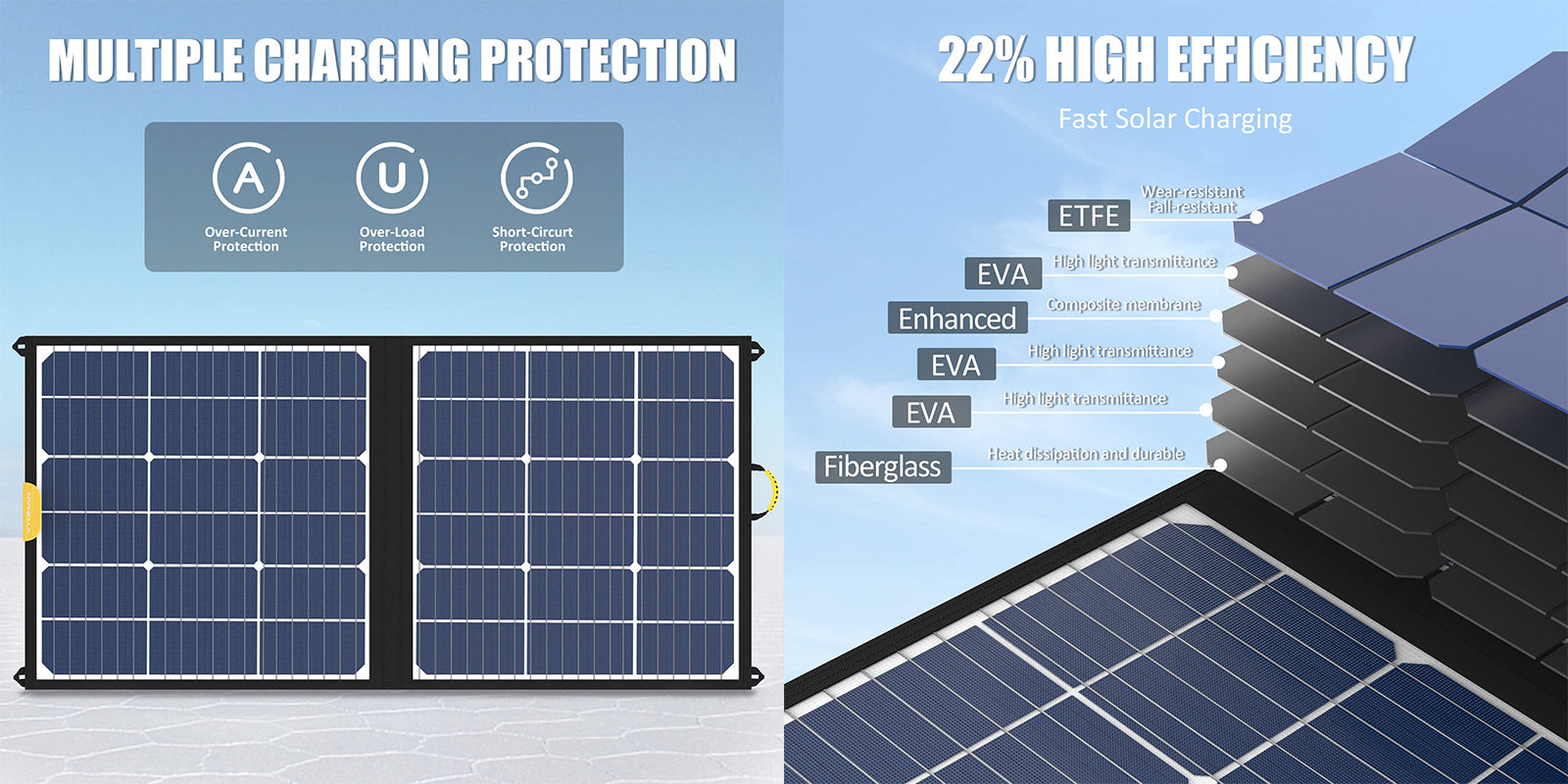When it comes to traveling in a recreational vehicle (RV), many people are now looking for ways to reduce their carbon footprint and minimize their impact on the environment. One innovative solution that has gained popularity in recent years is the use of RV solar panels. These panels harness the power of the sun to provide clean, renewable energy for RV appliances and electronics, making it an eco-friendly choice for travelers.
The Benefits of RV Solar Panels
RV solar panels offer a wide range of benefits for eco-conscious travelers. By using the sun's energy to power their RV, travelers can significantly reduce their reliance on fossil fuels, which in turn helps to lower their carbon footprint. Additionally, solar panels can provide a reliable source of power, allowing travelers to enjoy off-grid camping experiences without the need for noisy generators or access to electrical hookups.
Furthermore, RV solar panels can lead to long-term cost savings for travelers. While the initial investment in solar panels may seem significant, the ability to generate free energy from the sun can result in reduced fuel and campground electricity costs over time. This makes RV solar panels not only an environmentally friendly choice but also a financially savvy one.
How RV Solar Panels Work
RV solar panels work by converting sunlight into electricity through photovoltaic cells. These cells are typically made from silicon and other conductive materials, which create an electric current when exposed to sunlight. The electricity generated by the solar panels is then stored in a battery bank, providing a reliable source of power for the RV's appliances and electronics.
Many RV solar panel systems also include a charge controller, which regulates the flow of electricity from the solar panels to the battery bank. This helps to prevent overcharging and prolong the lifespan of the batteries. In addition, an inverter may be used to convert the stored DC (direct current) electricity into AC (alternating current) electricity, which is compatible with most RV appliances and electronics.
Choosing the Right RV Solar Panel System
When selecting an RV solar panel system, there are several factors to consider. The size and energy output of the solar panels should be matched to the energy consumption needs of the RV, taking into account the number of appliances and electronics that will be powered by the solar panels. Additionally, the capacity of the battery bank and the efficiency of the charge controller and inverter are important considerations for maximizing the effectiveness of the solar panel system.
It's also essential to consider the installation and mounting of the solar panels on the RV. The panels should be positioned to receive maximum sunlight exposure, which may require the use of tilting or adjustable mounts. Furthermore, the durability and weather resistance of the solar panels should be evaluated to ensure they can withstand the rigors of travel and outdoor conditions.
Conclusion
Eco-friendly travel with rv solar panels offers a sustainable and efficient way for travelers to reduce their carbon footprint while enjoying the freedom of the open road. By harnessing the power of the sun, RV solar panels provide a clean and renewable source of energy that can benefit both the environment and the traveler's wallet. As technology continues to advance, the future of eco-friendly travel with RV solar panels looks brighter than ever.
